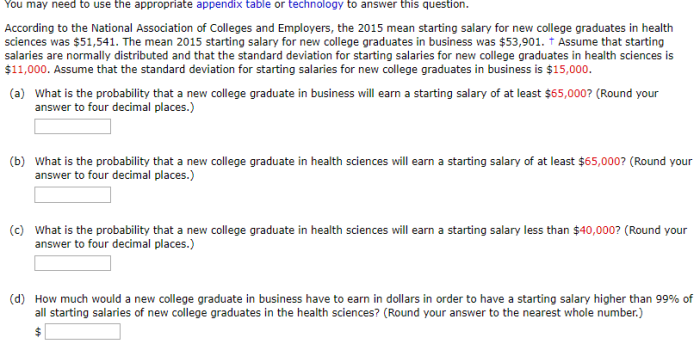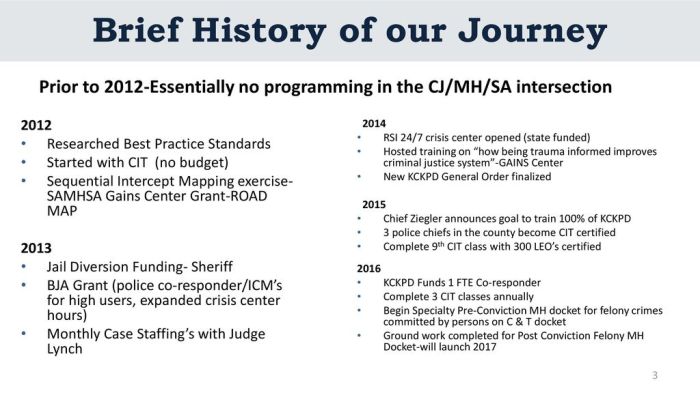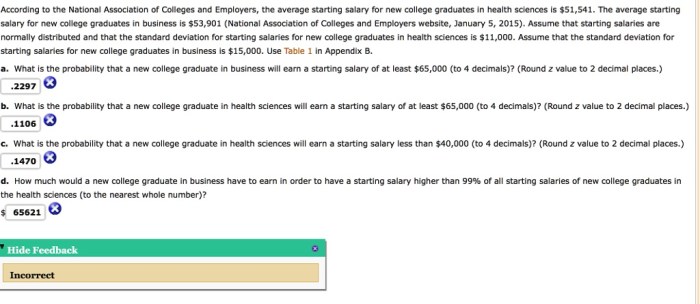According to the National Association of Colleges and Employers (NACE), workforce preparation and career readiness are paramount in today’s competitive job market. NACE plays a pivotal role in bridging the gap between education and employment, ensuring that graduates possess the skills and qualities sought by employers.
Through research, initiatives, and collaborations, NACE provides invaluable insights into the evolving workforce landscape, guiding students, educators, and employers alike towards a future-ready workforce.
Workforce Preparation
Workforce preparation is crucial for ensuring a skilled and adaptable workforce that meets the evolving demands of the economy. The National Association of Colleges and Employers (NACE) recognizes the importance of preparing students for the workforce and supports initiatives that enhance their employability.
NACE’s workforce preparation initiatives include:
- Developing and disseminating career readiness standards
- Providing resources and training for educators and career services professionals
- Collaborating with employers to identify workforce needs
Skills Gap

The skills gap refers to the disparity between the skills possessed by job seekers and the skills required by employers. NACE’s research highlights the ongoing skills gap in the workforce, with employers expressing concerns about finding qualified candidates with the necessary technical and soft skills.
Higher education institutions play a critical role in addressing the skills gap by:
- Updating curricula to reflect current industry demands
- Providing hands-on learning opportunities
- Collaborating with employers to develop tailored programs
Career Readiness
NACE defines career readiness as “the ability to successfully perform the essential functions of a job and contribute to the organization’s goals.” Key components of career readiness include:
| Component | Description |
|---|---|
| Technical skills | Knowledge and abilities specific to a particular occupation |
| Workplace skills | Soft skills such as communication, teamwork, and problem-solving |
| Career management skills | Ability to navigate the job market, develop a career plan, and manage one’s career |
| Professionalism and work ethic | Conduct, attitude, and values that align with workplace expectations |
Employer Perspectives

NACE’s research reveals that employers seek job candidates with a combination of hard and soft skills. Top skills and qualities identified by employers include:
- Communication skills
- Problem-solving abilities
- Teamwork and collaboration
- Critical thinking
- Adaptability and flexibility
- Ethics and integrity
Internship and Co-op Programs: According To The National Association Of Colleges And Employers

Internship and co-op programs provide valuable opportunities for students to gain practical experience and develop professional skills. NACE emphasizes the benefits of these programs, including:
- Enhanced career readiness
- Increased employability
- Exploration of career options
- Networking opportunities
Examples of successful internship and co-op programs include:
- The Northeastern University Co-op Program
- The University of California, Berkeley Internship Program
- The Stanford University Summer Research Program
Diversity and Inclusion

NACE is committed to promoting diversity and inclusion in the workplace. Initiatives include:
- The NACE Diversity and Inclusion Committee
- The NACE Diversity and Inclusion Conference
- The NACE Diversity and Inclusion Awards
NACE’s efforts aim to:
- Increase the representation of underrepresented groups in the workforce
- Create inclusive workplaces where all employees feel valued and respected
- Promote a culture of equity and opportunity
Technology and the Future of Work
NACE recognizes the impact of technology on the future of work. The association’s research highlights the need for workers to develop skills in:
- Data analysis and interpretation
- Artificial intelligence (AI) and machine learning
- Cloud computing
- Cybersecurity
- Digital collaboration
NACE’s perspective emphasizes the importance of lifelong learning and adaptability in a rapidly changing technological landscape.
Popular Questions
What is NACE’s definition of career readiness?
NACE defines career readiness as the attainment of specific skills, knowledge, and abilities that enable individuals to successfully navigate the workplace and contribute to organizational success.
How does NACE address the skills gap in the workforce?
NACE conducts research, collaborates with educators and employers, and develops resources to identify and address the skills gap. They advocate for curriculum alignment with industry needs and promote lifelong learning to ensure that the workforce remains adaptable and competitive.